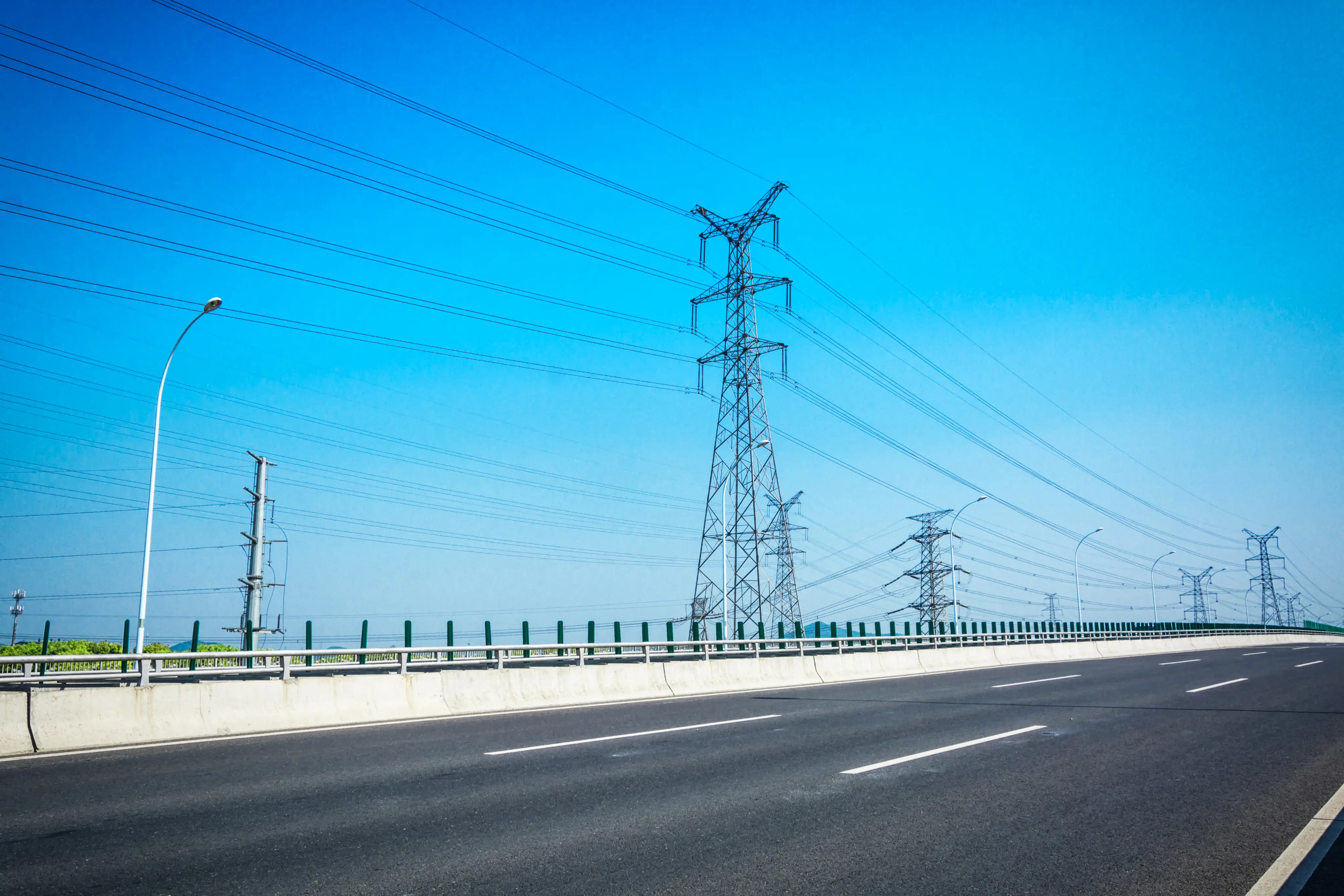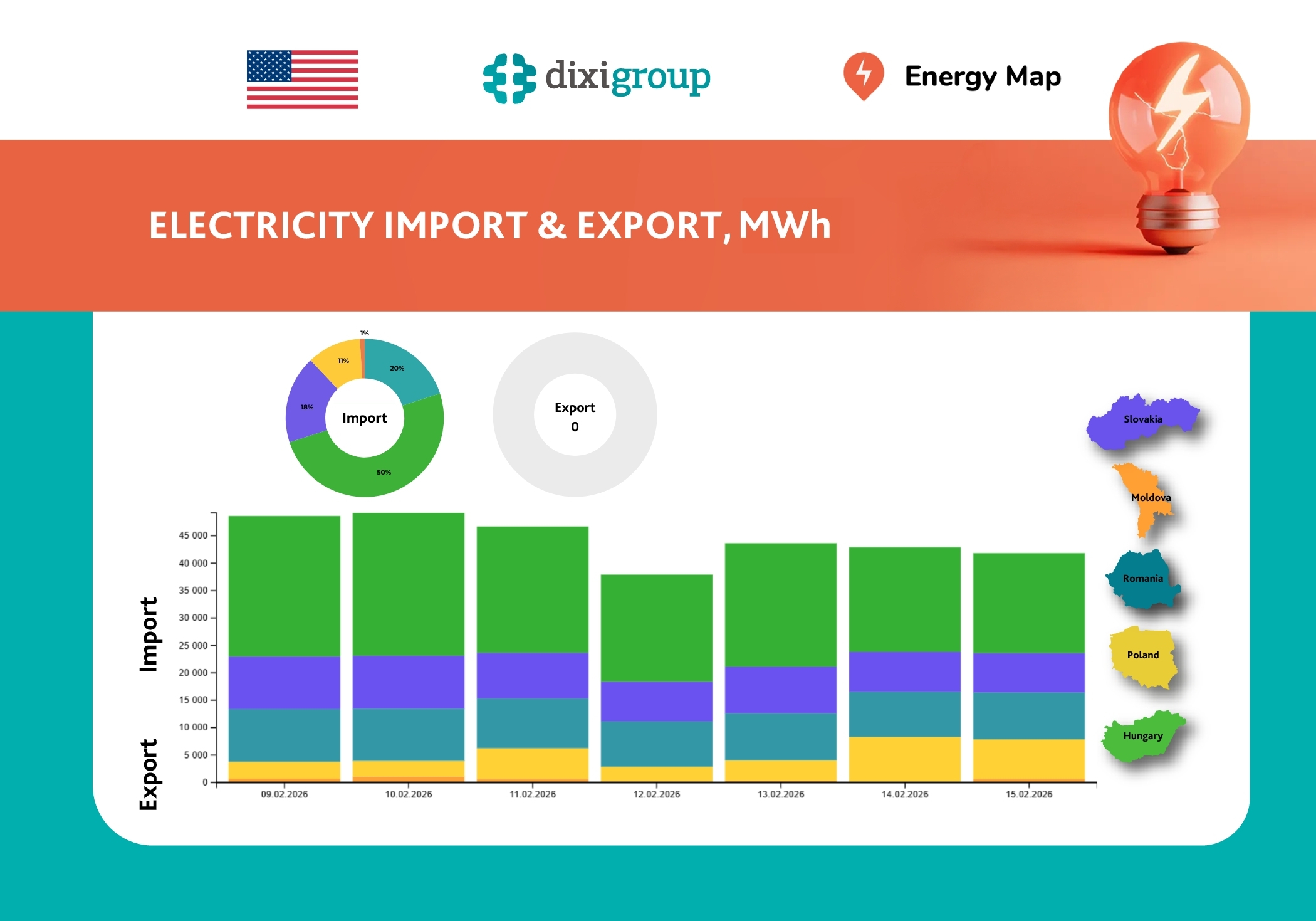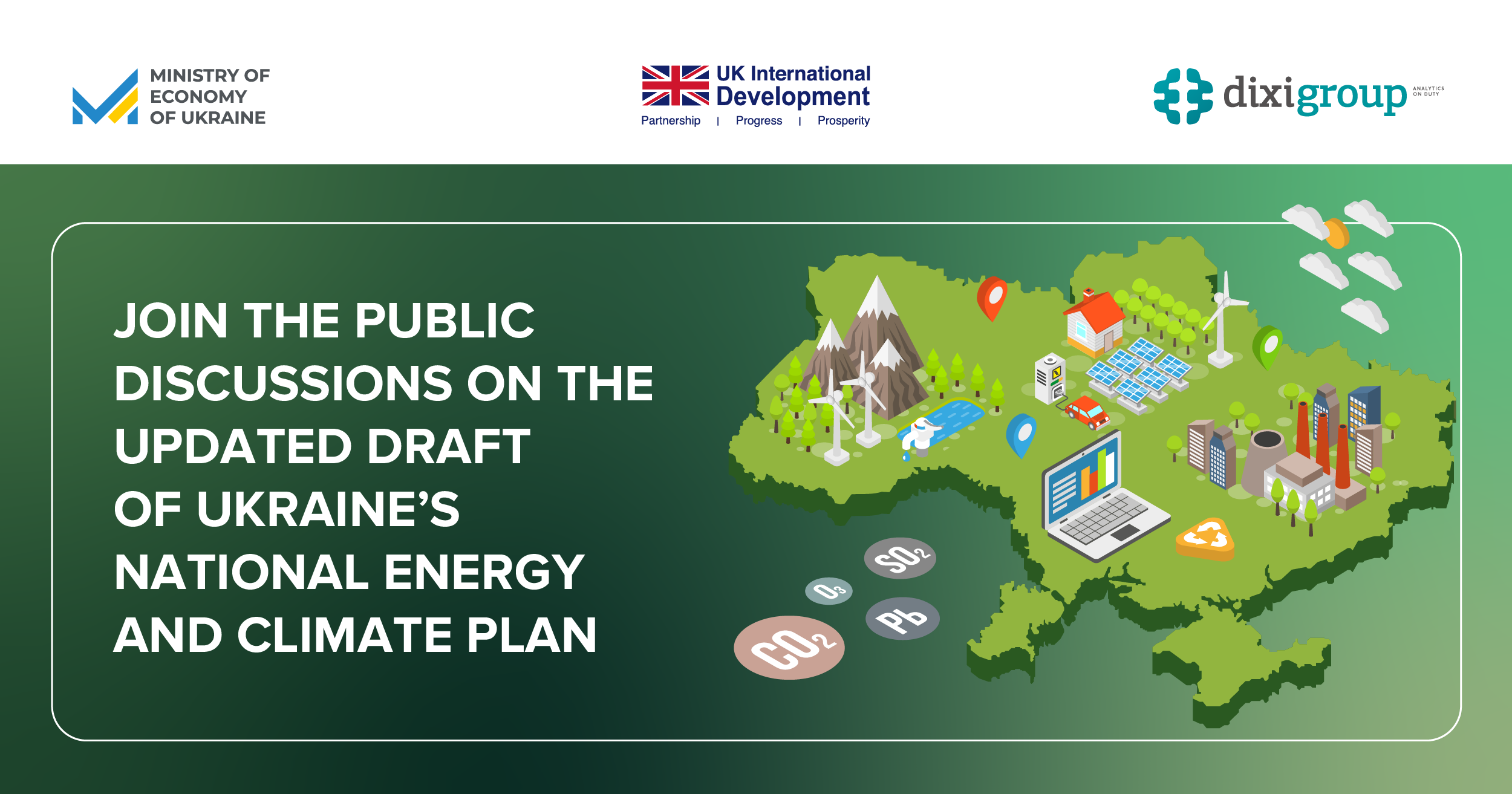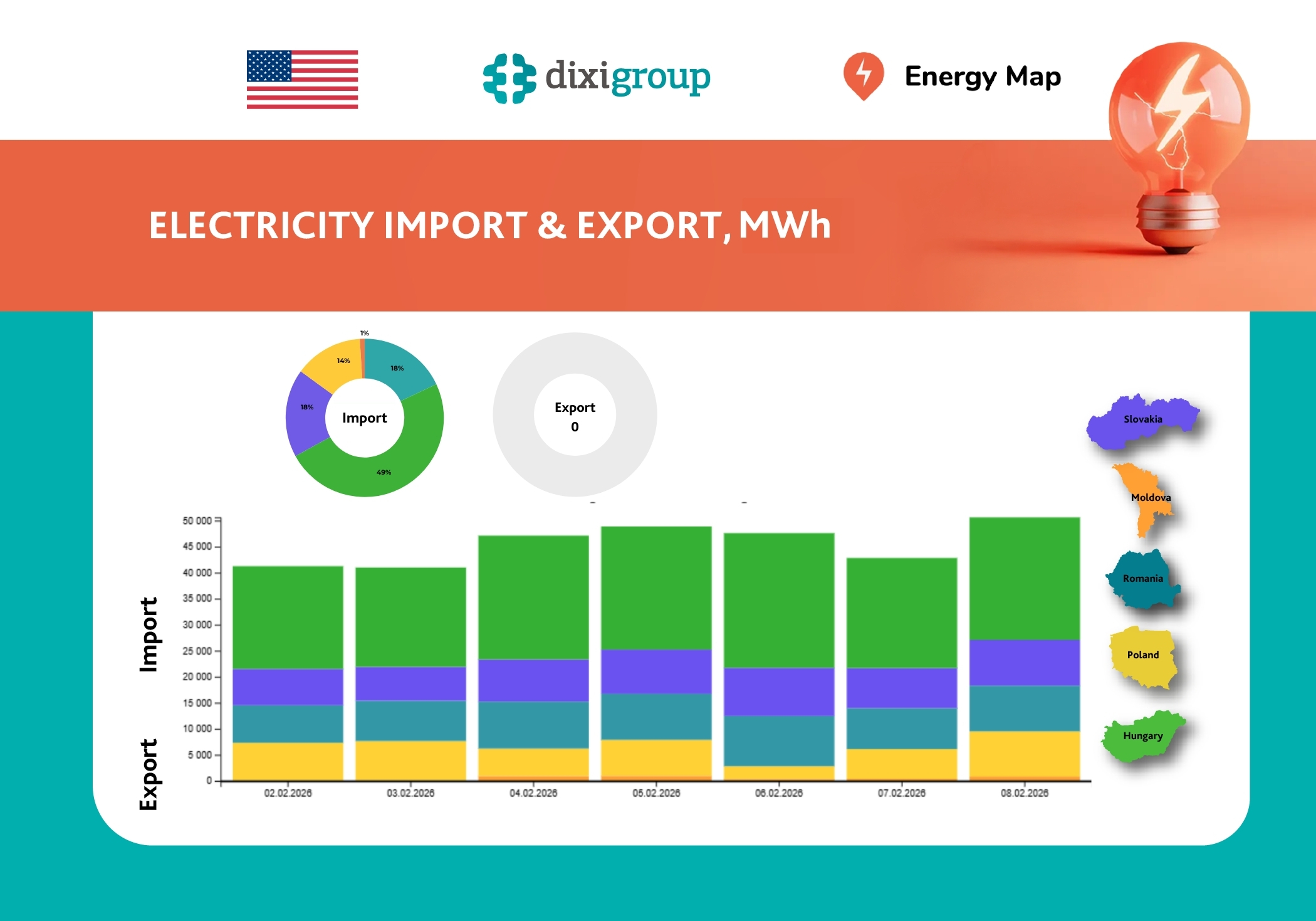On May 26, the presentation of the document “White Paper: The Future of European Leadership in Economic Deterrence of Aggression” took place in Brussels. The paper calls on the European Union to lead a global sanctions coalition and strengthen economic pressure on russia.
The document was prepared by the National Sanctions Coalition under the coordination of the Economic Security Council of Ukraine (ESC) and approved by the Expert Group on Sanctions Policy under the Cabinet of Ministers of Ukraine. Among the co-authors are experts from the DiXi Group think tank, which systematically analyzes the effectiveness of energy sanctions. The DiXi Group team focused on developing proposals to strengthen sanctions against russia in the nuclear energy sector.
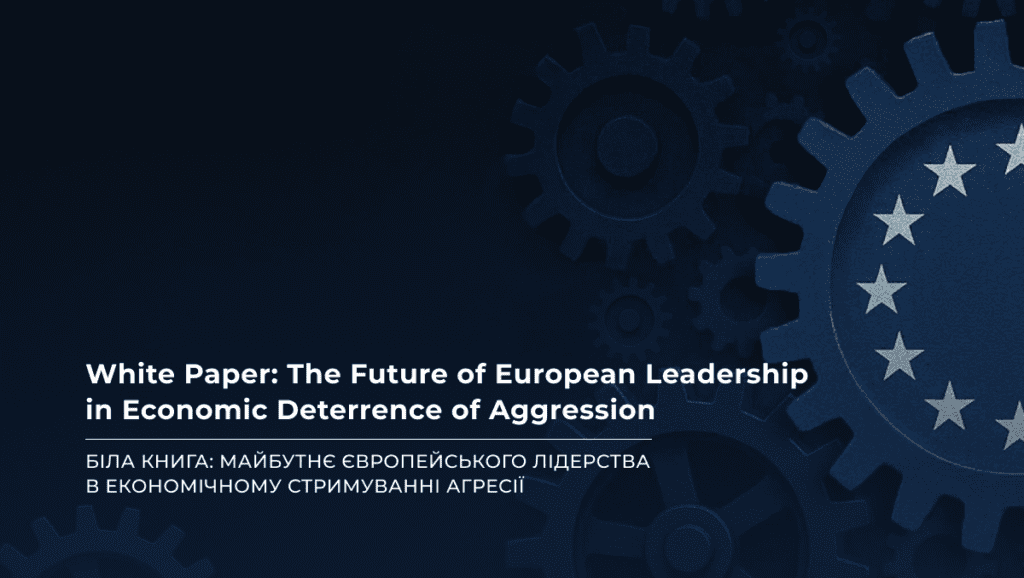
The White Paper includes proposals on:
- establishing a unified EU sanctions authority;
- introducing an EU equivalent of the U.S. sanctions list;
- strengthening export controls on dual-use goods;
- introducing extraterritorial sanctions for assisting in circumventing restrictions;
- maintaining sanctions against russia’s defense sector even after the end of active hostilities.
Among the key recommendations of the document are: confiscating frozen russian assets in favor of Ukraine; blocking russia’s revenues from energy, metallurgy, and nuclear exports; cutting off supply chains of sensitive goods through China, Turkey, and Central Asian countries; and imposing sanctions on entities involved in hybrid attacks against EU member states.
Special attention is given to combating the shadow fleet, which russia continues to use to circumvent oil-related restrictions.
“We call on the EU to adopt a more decisive and strategically coordinated sanctions policy in the nuclear sector. At a time when the russian federation remains a long-term threat to European security, sanctions must become an integral part of a common security policy and a key tool for preventing further aggression. It is unacceptable for Rosatom to continue providing the Kremlin with significant international revenues, as these funds enable the aggressor to sustain its brutal war,” emphasized Olena Lapenko, General Manager for Energy Security and Resilience at DiXi Group and one of the co-authors of the document.
During the presentation, representatives of the European External Action Service and the U.S. Department of State expressed support for the key approaches outlined in the White Paper. In particular, Tomasz Schindelarz, Deputy Head of the Sanctions Division at the European External Action Service, cited the example of countering russia’s shadow fleet, where sanctions were applied not only to vessels but also to affiliated operators, insurers, and intermediaries in third countries for the first time.
Jim Mullinax, Research Fellow at the Wilson Center and Senior Foreign Service Officer at the U.S. Department of State, emphasized the need to strengthen the EU’s role in the international sanctions coalition, as the U.S. is currently in the process of reviewing its own sanctions strategy.
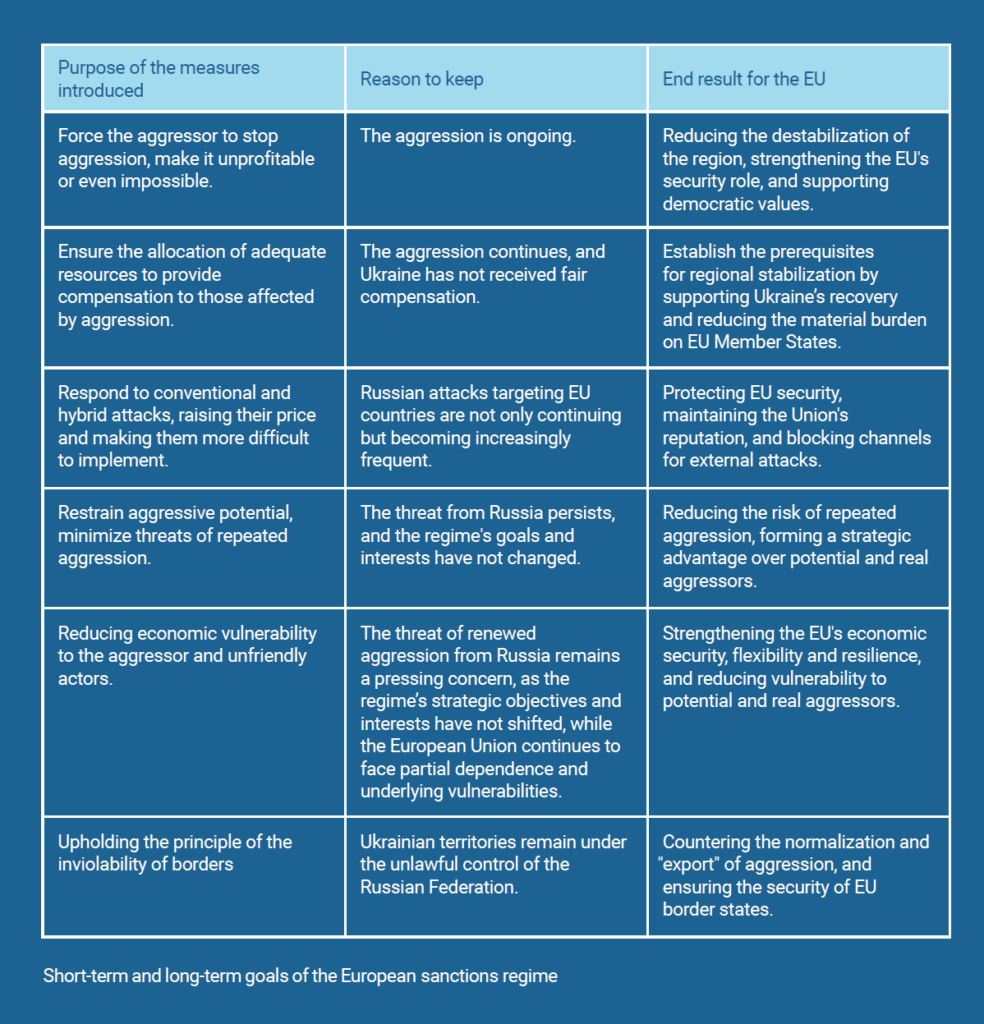
The full text of the White Paper: The Future of European Leadership in Economic Deterrence of Aggression is available via the link.
This material was prepared by DiXi Group with the support of the International Renaissance Foundation as part of the project “Enhancing Tomorrow’s Energy Security.” The content reflects the views of the authors and does not necessarily represent the position of the International Renaissance Foundation.
